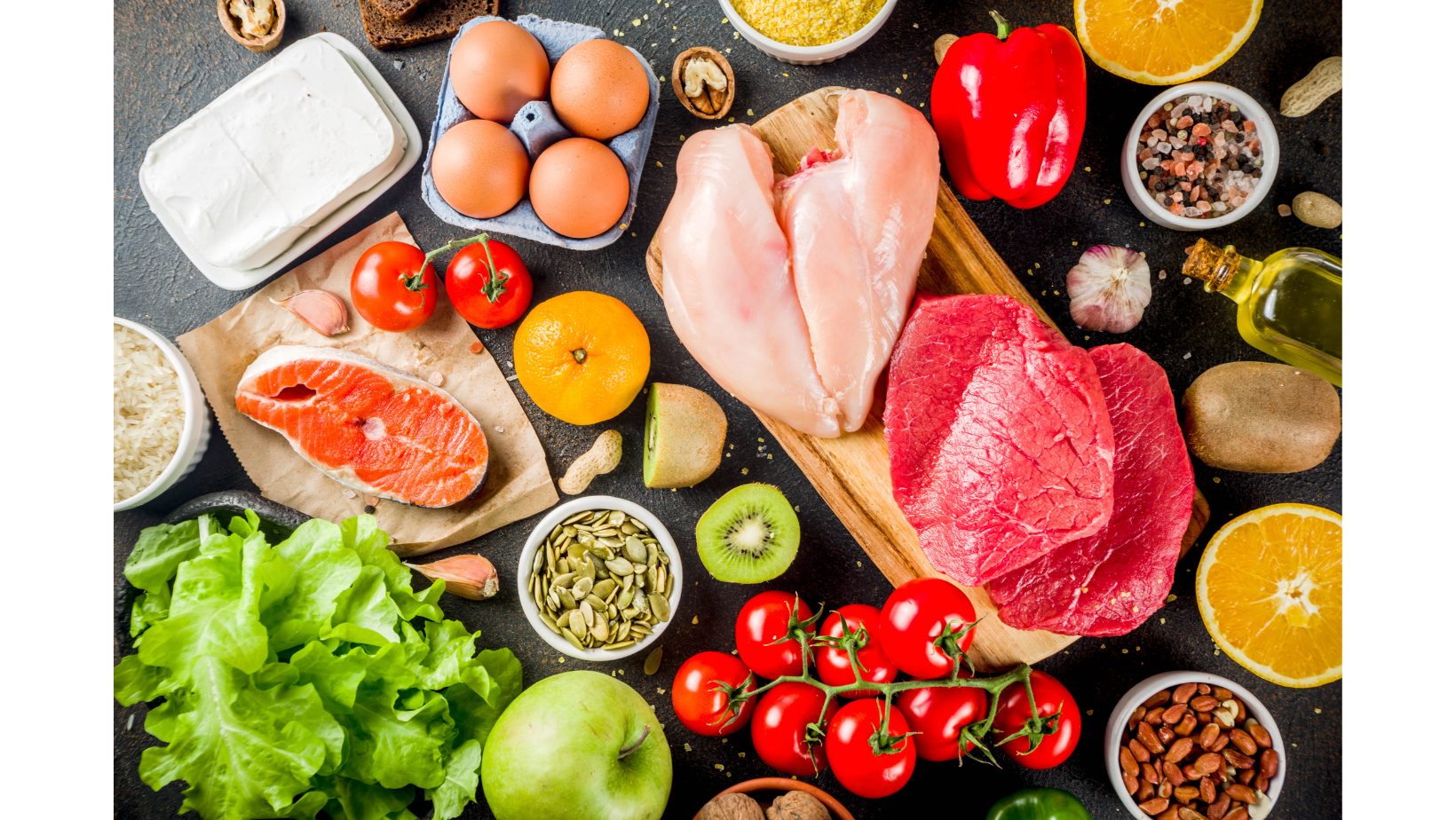Superfoods for Fertility
I’ve been preparing some course material for my upcoming Preconception Group Coaching Program (which launches October 4th!) and I’m always so excited about the incredible role that optimal nutrition plays on preconception health.
When trying to conceive, it's essential to focus on maintaining a healthy and balanced diet that provides the necessary nutrients for both partners. Here are some key nutrients that can support fertility:
Folate: Folate is crucial for early fetal development and can reduce the risk of neural tube defects. It's important for both men and women before conception. Foods rich in folate include leafy greens, organ meats, avocados, and citrus fruits.
Iron: Iron is vital for healthy blood circulation and oxygen transport. It's especially important for women to prevent anemia during pregnancy. Good sources of iron include grass-fed meats, organ meats, poultry, fish, and beans.
Omega-3 Fatty Acids: Omega-3 fatty acids, particularly DHA (docosahexaenoic acid), are essential for brain and eye development in the fetus. Sources of omega-3s include fatty fish (e.g., salmon, mackerel), flaxseeds, chia seeds, and walnuts.
Vitamin D: Vitamin D is essential for calcium absorption, bone health, and overall well-being. Exposure to sunlight is one way to get vitamin D, but dietary sources include dairy products, fatty fish, and supplements if necessary.
Calcium: Calcium supports healthy bones and teeth in both the mother and developing baby. Dairy products, sardines, and leafy greens are good sources of calcium.
Zinc: Zinc is important for reproductive health and DNA synthesis. It can be found in pastured meats, poultry, whole grains, nuts, and seeds.
Vitamin C: Vitamin C is an antioxidant that helps improve sperm quality and supports the immune system. Citrus fruits, strawberries, and bell peppers are rich in vitamin C.
Antioxidants: Antioxidants, including vitamins C and E, selenium, and beta-carotene, can help protect sperm and egg cells from oxidative damage. A diet rich in fruits, vegetables, and whole grains provides these nutrients.
I work closely with clients and group coaching program attendees to optimize overall fertility and a large part of preconception health is nutrition. For many years, I have been fascinated by the work of Weston A Price and Ray Peat and have seen first hand how their recommendations and findings on nutrient-dense foods have supported so many of my clients.
Weston A. Price was a dentist and nutritionist who traveled the world in the early 20th century studying the diets and health of various indigenous populations. His work emphasized the importance of traditional diets rich in nutrient-dense foods for overall health, including fertility. While Weston A. Price did not specifically identify "superfoods" in the modern sense, his research provides insights into traditional dietary practices that may support fertility.
These are some of the foods that I emphasize while working with my preconception clients. As a nutritionist, I love incorporating real, whole foods into my clients' diets and I love that each of these foods serves a dual purpose: optimizing overall fertility and nutrient intake.
Organic and Pasture-Raised Animal Products: Price's research emphasized the value of animal products like organ meats, bone broths, and butter from grass-fed and pasture-raised animals. These foods are rich in essential nutrients like vitamins A and D, omega-3 fatty acids, and minerals that support reproductive health.
Fermented Foods: Traditional diets often included fermented foods like sauerkraut, kimchi, and kefir. These foods are sources of probiotics that can support gut health, which is connected to overall well-being, including fertility.
Cod Liver Oil: Price recommended cod liver oil as a source of vitamins A and D, both of which are essential for fertility and overall health. However, it's important to choose a high-quality, minimally processed cod liver oil.
Raw Dairy: Some traditional diets included raw dairy products like raw milk and cheese, which are rich in nutrients and enzymes. Raw dairy is often cited as a nutrient-dense food by Weston A. Price followers.
Bone Broth: Bone broth is a source of collagen, gelatin, and essential minerals. It's believed to support reproductive health by providing necessary nutrients for joint and bone health.
Eggs: Eggs were a staple in many traditional diets and are a source of complete protein, vitamins, and minerals. Choose pasture-raised eggs if possible.
Seafood: Wild-caught seafood is rich in omega-3 fatty acids, which can support fertility by reducing inflammation and promoting hormonal balance.
Organic Vegetables and Fruits: While Price's research focused on animal products, he also emphasized the importance of consuming organic, nutrient-dense vegetables and fruits to support overall health.
It’s important to note that I recommend these foods for both male and female partners as they tend to be very nutrient-dense and helpful when it comes to optimizing fertility while trying to conceive.


